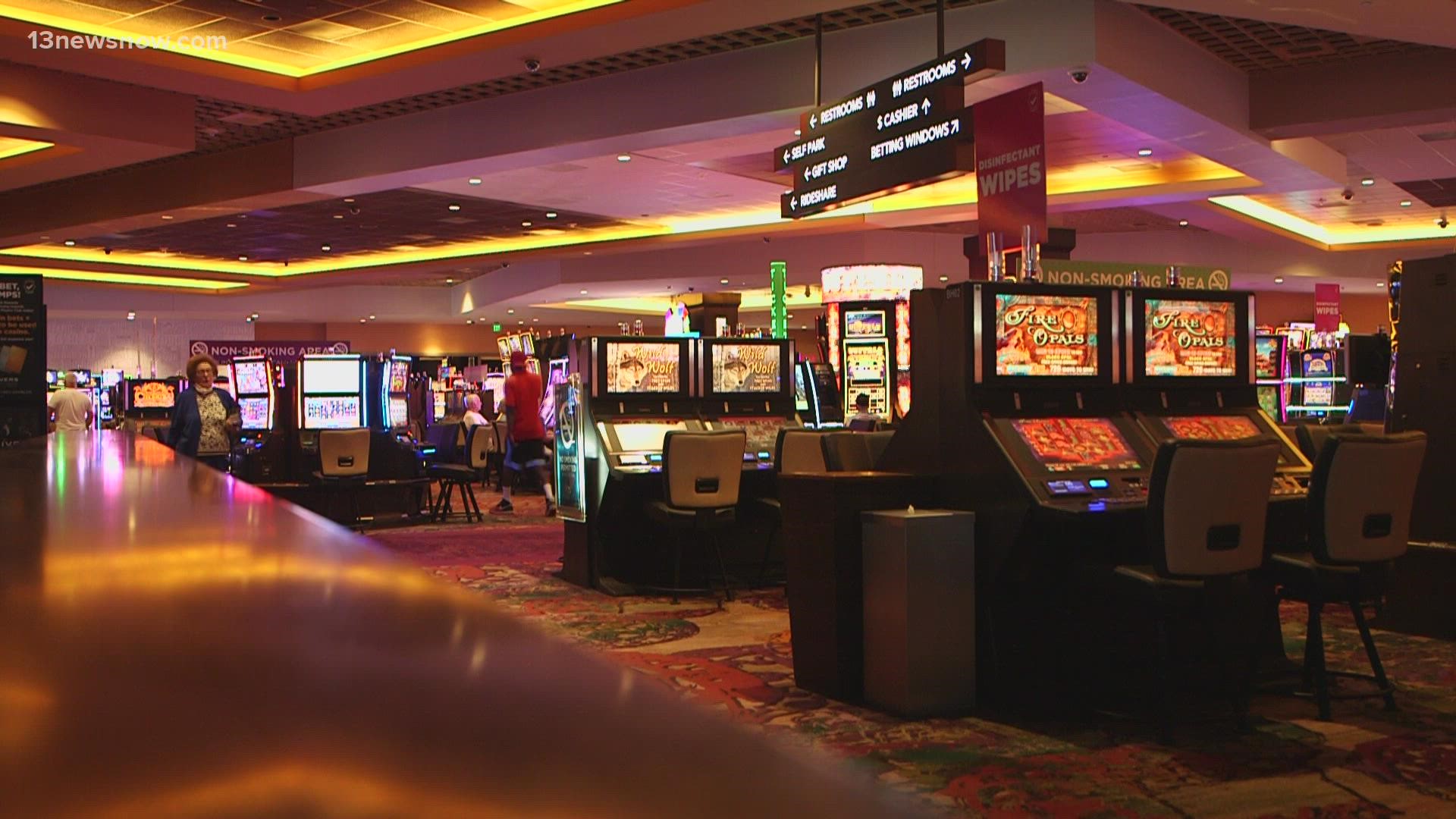
Casino entertainment have long been a significant aspect of human culture, providing not just entertainment but a fascinating reflection of our aspirations, ambitions, and concerns. From the turning reels of a slot machine to the skill-based strategies of poker, these games encapsulate a variety of human sentiments and events. At their core, casino games are more than a chance to make profits; they are a snapshot of life itself, where risk versus reward converge and fortunes can change in an instant.
As players gather around tables or sit in front of brightly lit machines, they engage in a ceremony that transcends mere betting. These games reflect our innate desires for social interaction, thrill, and the search for fortune. They also reveal deeper truths about human behavior, such as our relationship with fate and the adrenaline of uncertainty. In exploring casino games, we discover not only the mechanics of play but also the rich tapestry of the human story, showcasing our woven narratives of hope and reality.
The Psychology of Gambling
Wagering is deeply rooted in the psyche of individuals, tapping into various emotions and desires. The excitement of taking risks is a fundamental aspect that attracts participants, whether it’s excitement of spinning a roulette wheel or the excitement of drawing a winning hand in poker. This adrenaline is often compared to other forms of thrill, as the uncertainty of outcomes elicits a distinct psychological response. Gamblers often become entranced by the chance of winning big, leading to an almost magnetic draw toward casino games.
Additionally, a crucial component of the psychology behind gambling is the concept of hope and aspiration. Players often nourish fantasies of financial freedom and the opulent lifestyle that can follow winning. This hope fuels their ongoing participation in casino games, as it provides a sense of purpose and the belief that a life-changing win could be just one bet away. The story of overcoming odds and finding success resonates with many, strengthening their commitment to play and involve themselves with these games.
Lastly, social aspects play a crucial role in gambling psychology. Casino environments are designed to foster social interaction, where gamblers gather to share the experience of wins and losses. This shared aspect not only amplifies enjoyment but also influences behavior, as individuals often imitate the actions of others in their vicinity. The collective approval found in mutual thrill can enhance the emotional experience, making casino games a mirror of not just personal desires but also shared involvement within the gambling community.
### Risk and Reward: A Double-Edged Sword
Casino games embody the delicate balance between danger and gain that resonates profoundly with human psychology. Pq88 The rush of placing a wager is often accompanied by a surge of excitement, as players are confronted with the possibility of winning big, yet conscious of the potential to suffer losses. This twofold experience reflects a essential aspect of life: the decisions we face often come with built-in risks, and the quest for benefit can drive us to embrace risks we might not normally consider. In this way, gambling activities reflect real-world decisions, enticing players to gamble not just their money, but also their dreams.
The allure of grand jackpots and payouts fuels a feeling of positivity, encouraging players to envision a more promising future that could arise from a single victorious spin of the roulette or turn of a card. This optimism can drive individuals to engage in greater risks, encouraging them to extend their limits in search of financial gain. However, just as in life, the consequences of these risks can lead to both triumph and despair. The stories of both jackpot winners and those who have faced losses everything at the tables demonstrate the chaotic nature of luck and its impactful repercussions on our existence.
Ultimately, the interaction of engaging with gambling activities serves as a potent reminder of the human condition. Every round played is filled with the tension of uncertainty, as players weigh the gains against the risks. This balance not only highlights the thrill that comes with betting but also unveils the risks that come with the longing for more. As we navigate the challenges of decision-making and results in both the gambling world and in life, we find that the search for benefit shapes our identities and experiences in significant manners.
Culture and Isolation in Casino Culture
Gambling culture is a unique blend of social engagement and personal pursuit, reflecting the dualities of human experience. Players often come together around tables, sharing in the excitement of the game, celebrating wins, and sympathizing over losses. This communal aspect is vital, as it establishes a sense of belonging and bonding among diverse groups of individuals. Regular visitors to casinos may form friendships and establish routines, turning the gambling venue into a alternative home where they experience linked to a larger community of players.
However, the attraction of gambling games can also lead to isolation. As players become engrossed in the excitement of playing, they may withdraw from personal connections or neglect to interact with the world outside the gaming space. For some, the search of a windfall can distract from genuine connections, leading to loneliness. The experience of being among others yet experiencing solitary is not rare, as the attention shifts from shared enjoyment to the individual stakes of each individual’s journey.
This interplay of community and solitude creates a vivid mosaic that defines casino atmosphere. It showcases the intricacy of social interactions, where joy and sorrow exist together. Casinos serve as both a sanctuary for social interaction and a platform for individual challenges, demonstrating how deeply connected our desire for companionship and the individual quest for wealth can be. In navigating this environment, players confront their own stories—seeking both the thrill of the game and the companionship of fellow players, ultimately reflecting the wider spectrum of individual experience.
